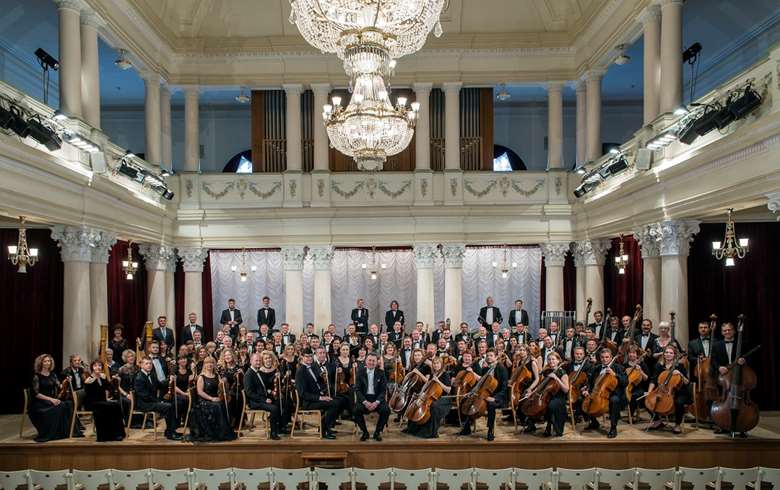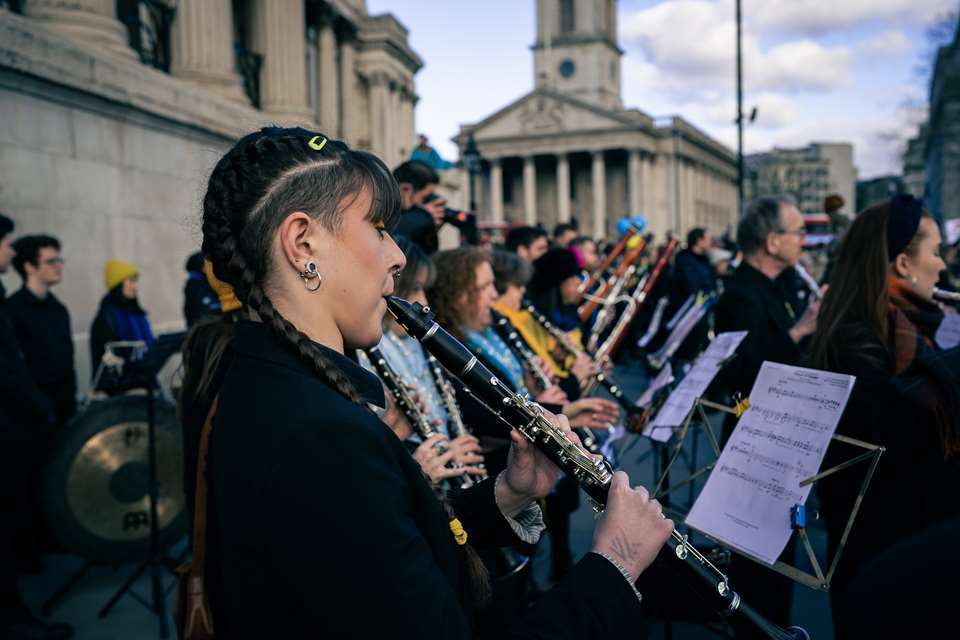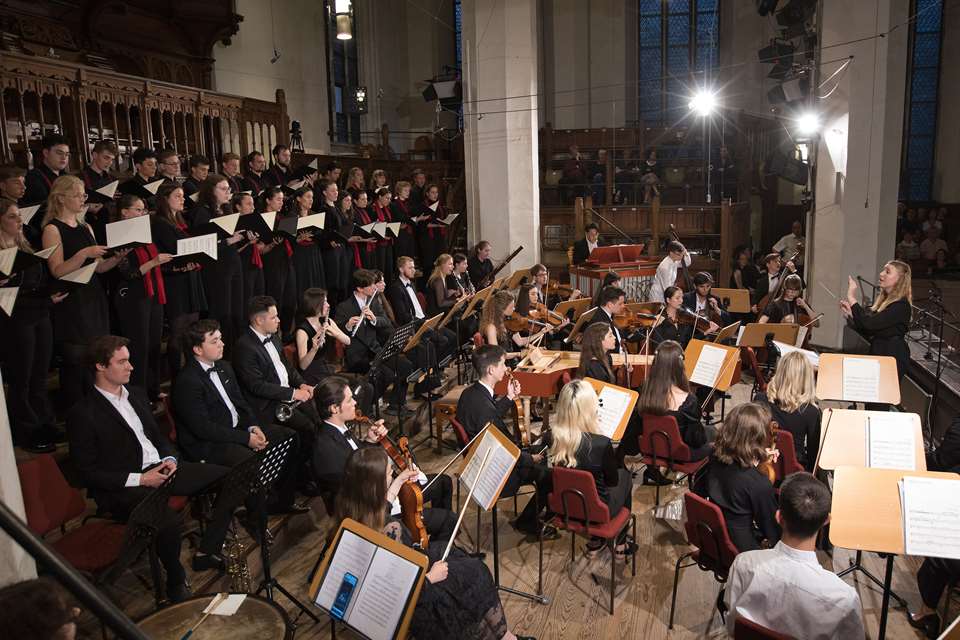After rehearsals interrupted by air raids, the National Symphony Orchestra of Ukraine embarks on UK tour
Owen Mortimer
Monday, October 16, 2023
On the eve of the NSOU’s UK tour, Owen Mortimer sits down with the orchestra’s directors to find out more about this extraordinary group of musicians – and how their strength is reflected in the programming of the orchestra’s upcoming concerts


Register now to continue reading
Don’t miss out on our dedicated coverage of the classical music world. Register today to enjoy the following benefits:
- Unlimited access to news pages
- Free weekly email newsletter
- Free access to two subscriber-only articles per month


